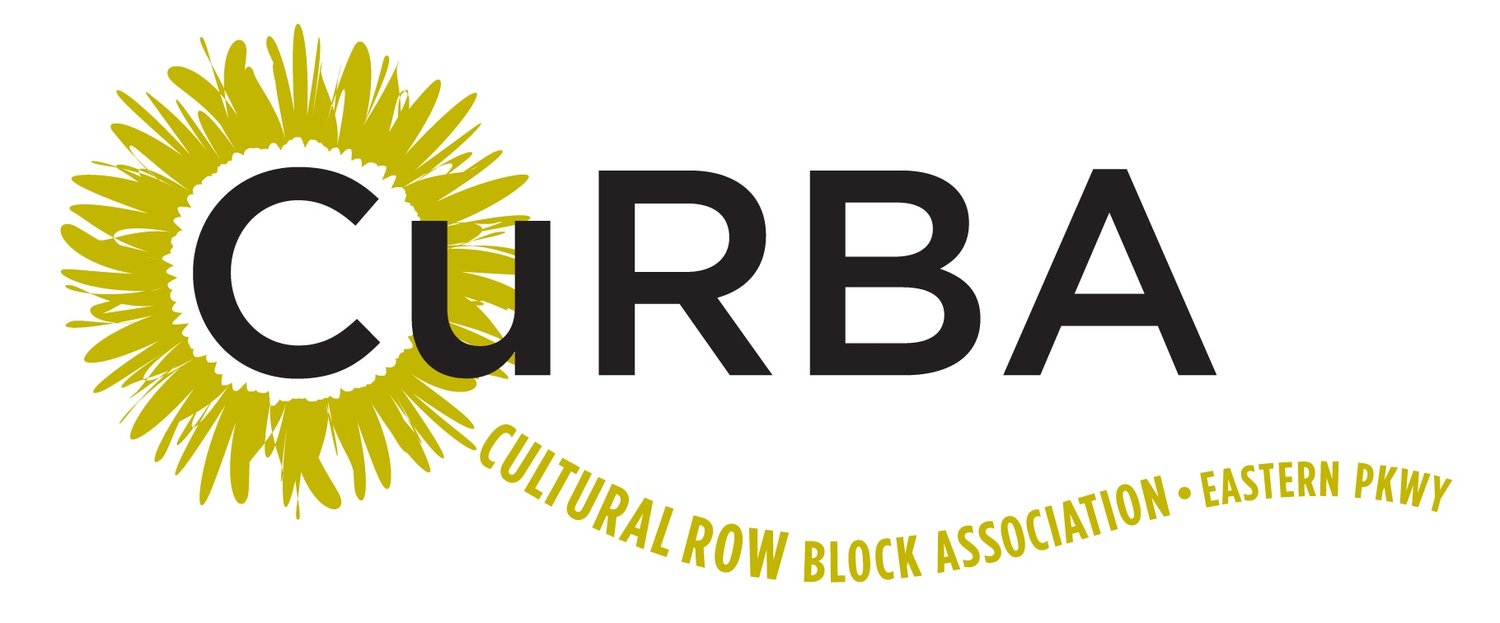Eastern Parkway (Washington Ave. to Grand Army Plaza) in pictures
From the 1920s to the 50s, several photos and postcard of our neighborhood, including the construction of the Eastern Parkway subway stop and the Brooklyn Public Library. (Courtesy of the Brooklyn Public Library Historical Photo Collection)
From the 1920s to the 50s, photos and postcard of our neighborhood, including the construction of the Eastern Parkway subway stop and the Brooklyn Public Library
1920 Subway construction on Eastern Parkway by the Brooklyn Museum - Brooklyn Public Library Photo Collection
Postcard Eastern Parkway and Brooklyn Museum (1920s) Herbco Card
All photos come from the Brooklyn Public Library Historical Photo Collection, which is accessible through BPL's website
1938 aerial view of the construction of the Brooklyn Public Library
1946 Eastern Parkway and the corner of Washington Ave.
1954 Eastern Parkway from Plaza Street
Brooklyn's Champs-Elysées
Looking down Eastern Parkway from Grand Army Plaza’s Memorial Arch, past the Brooklyn Public Library, past the Botanic Garden and McKim, Mead and White’s Brooklyn Museum, you might be reminded of Paris and the broad avenues that radiate from the Arc de Triomphe. Mapped out in 1868 by Frederick Law Olmsted and Calvert Vaux, Eastern Parkway extends a little over two miles, from Prospect Park to Ralph Avenue.
HANDSOME APARTMENT BUILDINGS and houses line the shady boulevard, including a few — like Copley Plaza and Turner Towers — that would not look out of place on Park Avenue. Affluent Jewish professionals moved here in the early 20th century, and the parkway came to embody the city’s promise of social mobility and integration. Today, it is associated with a different strain of Jewish identity: the Chabad-Lubavitch movement has its world headquarters a few blocks away.
Full article in The New York Times on May 18, 2013 by Sarah Harrison Smith.






